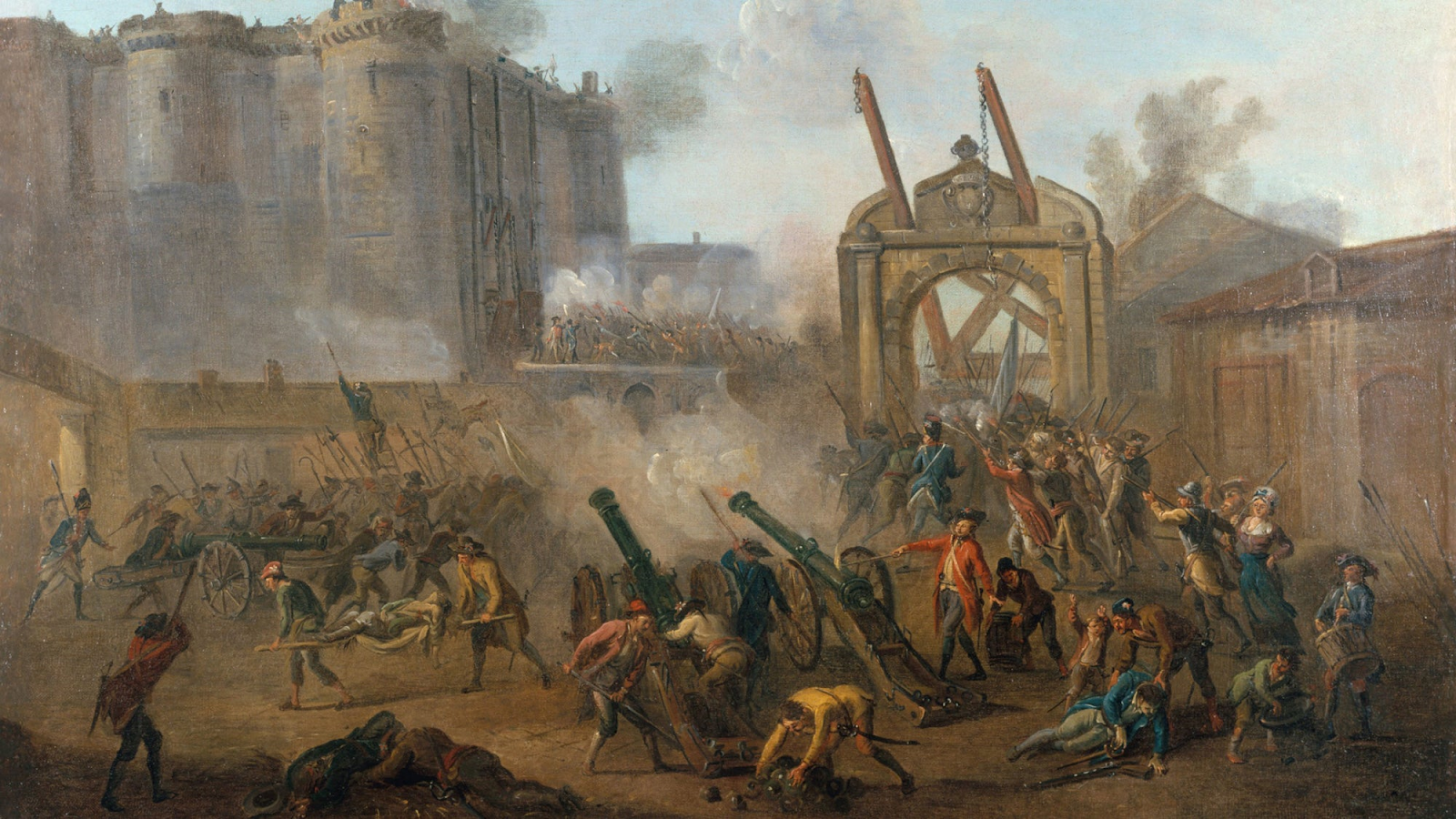The French Revolution, a watershed moment in the late 18th century, forever altered the course of history, leaving an indelible mark on the socio-political landscape of not just France but the entire world. This post delves into the intricate tapestry of the French Revolution, exploring its historical roots, unfolding events, and far-reaching global impact.
I. Background and Causes
The Ancien Régime
The roots of the French Revolution can be traced back to the oppressive Ancien Régime, characterized by an absolute monarchy, social inequality, and economic disparity. The monarchy, plagued by financial crises exacerbated by costly wars, triggered discontent among the populace.
Intellectual Enlightenment
The Enlightenment thinkers' ideas, promoting reason, liberty, and equality, served as intellectual kindling. Works by Rousseau, Voltaire, and Montesquieu inspired a desire for political change and a dismantling of the existing societal structures.
Economic Woes
France's financial instability, exacerbated by regressive taxation and extravagant royal spending, set the stage for revolutionary fervour. The Estates-General was convened in 1789 to address the fiscal crisis, marking the beginning of a seismic shift in French society.
II. The Unfolding Revolution
The National Assembly
Frustrated by the stalemate in the Estates-General, the Third Estate declared itself the National Assembly in 1789, signalling the birth of a new political order. The storming of the Bastille on July 14, 1789, marked the symbolic overthrow of despotism.
The Reign of Terror
As revolutionary fervour intensified, the radical phase known as the Reign of Terror (1793-1794) unfolded. Led by the Committee of Public Safety and figures like Maximilien Robespierre, it witnessed mass executions and a fervent pursuit of revolutionary ideals.
Napoleon Bonaparte
The Revolution culminated in the rise of Napoleon Bonaparte, who, despite his authoritarian rule, spread revolutionary principles across Europe through conquests and the Napoleonic Code.
III. Global Impact
Spread of Revolutionary Ideas
The French Revolution's principles of liberty, equality, and fraternity reverberated globally, inspiring movements for independence and democracy in Latin America, Europe, and beyond.
Napoleonic Wars
Napoleon's military campaigns redrew the map of Europe and introduced concepts of nationalism, impacting the geopolitical landscape for decades.
End of Absolute Monarchies
The Revolution's success signalled the decline of absolute monarchies and paved the way for constitutional governments, influencing the evolution of political systems worldwide.
IV. Legacy and Reflections
Human Rights and Democracy
The French Revolution's emphasis on human rights left an enduring legacy, contributing to the development of modern democratic ideals and institutions.
Historical Debate
Debates persist among historians about the Revolution's true nature – was it a liberating force or a precursor to modern totalitarianism? The complexity of this period continues to fuel scholarly discussions.
Conclusion
In conclusion, the French Revolution stands as a pivotal epoch, a crucible of ideas and actions that reverberated globally. Its impact on political thought, societal structures, and international relations remains palpable, making it a cornerstone of modern history.
- Doyle, William. "The Oxford History of the French Revolution." Oxford University Press, 1989.
- Hunt, Lynn. "Politics, Culture, and Class in the French Revolution." University of California Press, 1984.
- Schama, Simon. "Citizens: A Chronicle of the French Revolution." Vintage Books, 1990.
- Rude, George. "The French Revolution." Grove Press, 1988.
- Popkin, Jeremy D. "A Short History of the French Revolution." Prentice Hall, 2014.
- Palmer, R. R. "The Age of the Democratic Revolution: A Political History of Europe and America, 1760-1800." Princeton University Press, 1959.
- Furet, François. "Interpreting the French Revolution." Cambridge University Press, 1981.
- Tocqueville, Alexis de. "The Old Regime and the Revolution." Doubleday, 1955.







Comments
Post a Comment